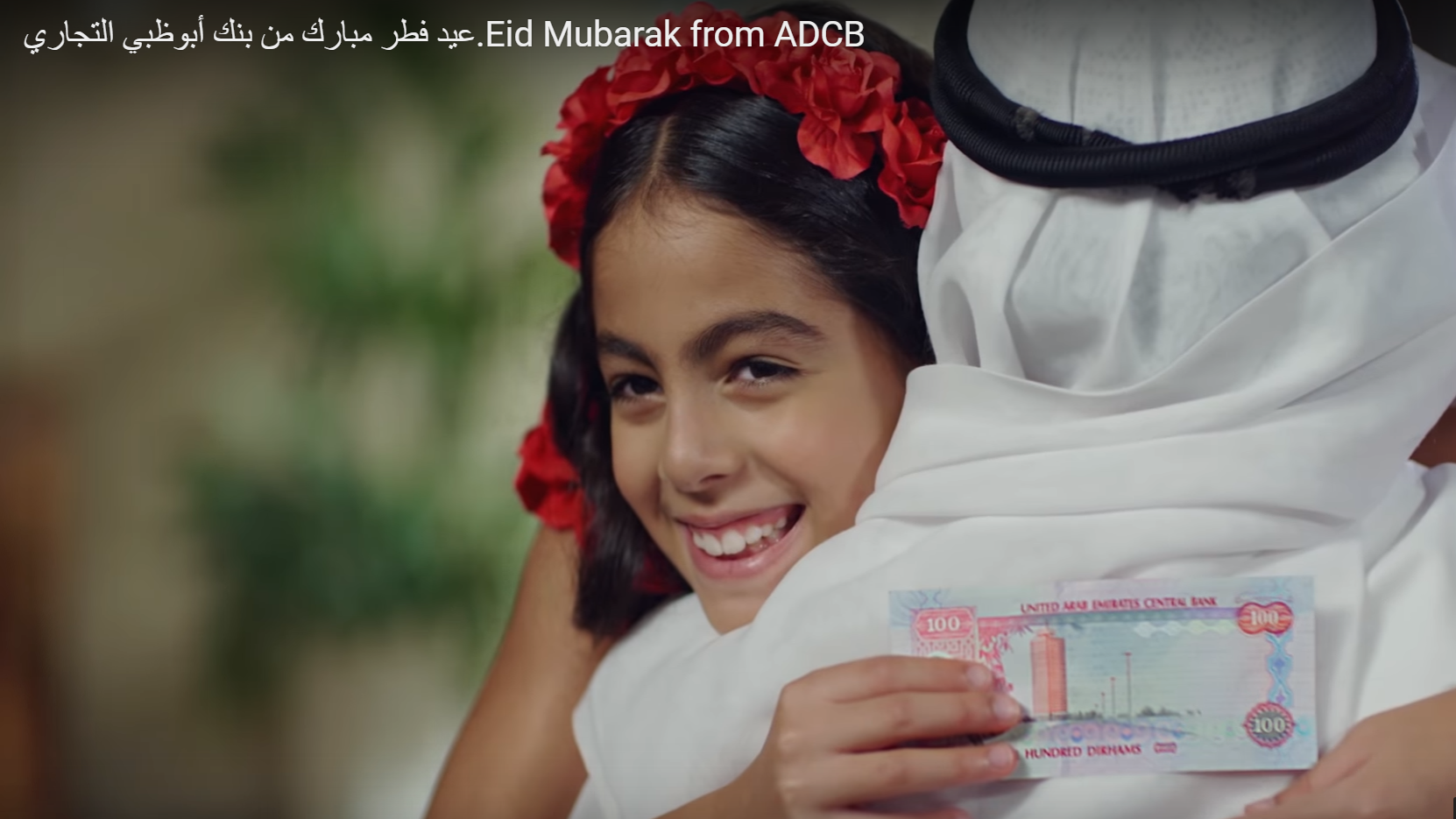The Early Bird Gets the Worm
Seasonal, national, religious, and sporting festivities shared in one way or another throughout the global community are generally viewed as positive and happy occasions. Untold amounts of time and money are spent on these holidays and celebrations largely because they appeal to a deep emotional aspect of our communities, our families, and our nations. Almost 60% of the American population watches the Olympics. Australians apparently spend of $3 billion on Olympic festivities. If you take into consideration Christmas, Eid, Ramadan, Valentine’s Day, National days, and other such universal occasions, the amounts of money spent globally increases exponentially. Consequently, there is a clear commercial spin-off that businesses cannot afford to ignore.

It’s emotional
Offering too-good-to-resist special offers, focusing on demographic and psychographic segmentation and value propositions are all appropriate tactics when working to improve your company’s overall marketing response and conversion rates. However, this broad-spectrum approach should not take the focus away from various periods throughout the year when prospective buyers are at their most receptive. Those periods require the extra in-put of occasion-based marketing techniques.
Designed to boost response rates at specific times, occasion-based marketing is built by emotionally bonding your brand to a specific celebration. Statistics show that prospective buyers are significantly more likely to purchase something related to that specific festivity in the few shorts weeks before the advent of the festivity itself.
Evidence of this celebration-based purchasing behaviour is plentiful.The Kuwaiti communications firm Zain has achieved the very same successful association between its brand and Ramadan. Its 2017 TV ad was widely viewed and highly praised because of the positive message associated with it.
In the Middle East, TV viewing usually rises steeply during Ramadan. The demand is significant enough to warrant the airing of numerous new soap operas along with a host of new ads and new shows that run day and night. For businesses, the key factor of course, is the host of new ads which generate extra exposure, extra income and extra sales.
Coca-Cola and John Lewis are only two of numerous examples of companies who have famously run very successful campaigns around Christmas. The two brands are now firmly linked with Christmas, winter cheer and the sharing of gifts because of the association between the brands and the occasion.
Here’s where the opportunity lies
You can start by identifying the occasions when prospective buyers are more receptive to your marketing campaign;
- Holidays – Seasonal holidays bring to mind things like travel, weather, clothes, and food. Because of the connotations, holidays are the leading period of marketing promotions. Can you offer any special promotions linked to your brand or your product?
- Events – Again, what event or celebration is currently anticipated? Is it a religious occasion or a sporting event? Is it national or global? Can your product be identified with the event in any way? Can it help celebrate the occasion?
- أخبار – What event or topic is most prevalent in current headlines? Unexpected events sometimes spiral and take on a national or global identity? Is your product in any way relevant to what is being most talked about?
- Association – Human beings are creatures of habit because repetition and familiarity make us feel secure. Simple associations quickly become habits, like coffee and friends. But who dictated that particular order of things? More often than not, these days, advertising is responsible for number social habits. A market opportunity is simply associating a positive occasion with a product.
- Life Cycle Occasions – Birthdays and anniversaries are just the kind of occasions that lend themselves to being associated with products. A promotional campaign aimed at celebrating a customer’s special day is an ideal method of building good customer relationships and brand association.
- The Business Cycle – Annual budgeting, end-of-year sales, low season, high season, these are all occasion-based opportunities to promote your brand with related businesses or to campaign for closer product placement.
- B2C Customer Occasions – A major changes in people’s circumstances is a significant factor in the service industries. Moving house, renovating a property, changing a car or even hosting a wedding, all signify the need for a service or a product that they would not normally purchase, rent, or offer. Does your brand have a role to play in such circumstances?
- B2B Customer Occasions – A major change in the state of affairs of a business partner or client might also warrant the use of occasion-based marketing. Mergers, acquisitions, new product launches offer the opportunity of promoting your brand, of getting a better placement or building a promising relationship for the future.
The definition of occasion-based marketing lies in its name. It is an opportune but limited moment in time when prospective or even existing customers are receptive to purchasing your product as a response to an event-oriented marketing campaign. The secret is in identifying those opportune moments, even the unexpected ones and recognising that not all occasions are relevant to every business.
Warning: Undefined variable $req in /home/sabacons/public_html/wp-content/themes/SabaConsultants/functions.php on line 131
Warning: Undefined variable $commenter in /home/sabacons/public_html/wp-content/themes/SabaConsultants/functions.php on line 132
Warning: Trying to access array offset on value of type null in /home/sabacons/public_html/wp-content/themes/SabaConsultants/functions.php on line 132
Warning: Undefined variable $aria_req in /home/sabacons/public_html/wp-content/themes/SabaConsultants/functions.php on line 132
Warning: Undefined variable $html_req in /home/sabacons/public_html/wp-content/themes/SabaConsultants/functions.php on line 132
Warning: Undefined variable $req in /home/sabacons/public_html/wp-content/themes/SabaConsultants/functions.php on line 133
Warning: Undefined variable $html5 in /home/sabacons/public_html/wp-content/themes/SabaConsultants/functions.php on line 134
Warning: Undefined variable $commenter in /home/sabacons/public_html/wp-content/themes/SabaConsultants/functions.php on line 134
Warning: Trying to access array offset on value of type null in /home/sabacons/public_html/wp-content/themes/SabaConsultants/functions.php on line 134
Warning: Undefined variable $aria_req in /home/sabacons/public_html/wp-content/themes/SabaConsultants/functions.php on line 134
Warning: Undefined variable $html_req in /home/sabacons/public_html/wp-content/themes/SabaConsultants/functions.php on line 134
Warning: Undefined variable $html5 in /home/sabacons/public_html/wp-content/themes/SabaConsultants/functions.php on line 136
Warning: Undefined variable $commenter in /home/sabacons/public_html/wp-content/themes/SabaConsultants/functions.php on line 136
Warning: Trying to access array offset on value of type null in /home/sabacons/public_html/wp-content/themes/SabaConsultants/functions.php on line 136